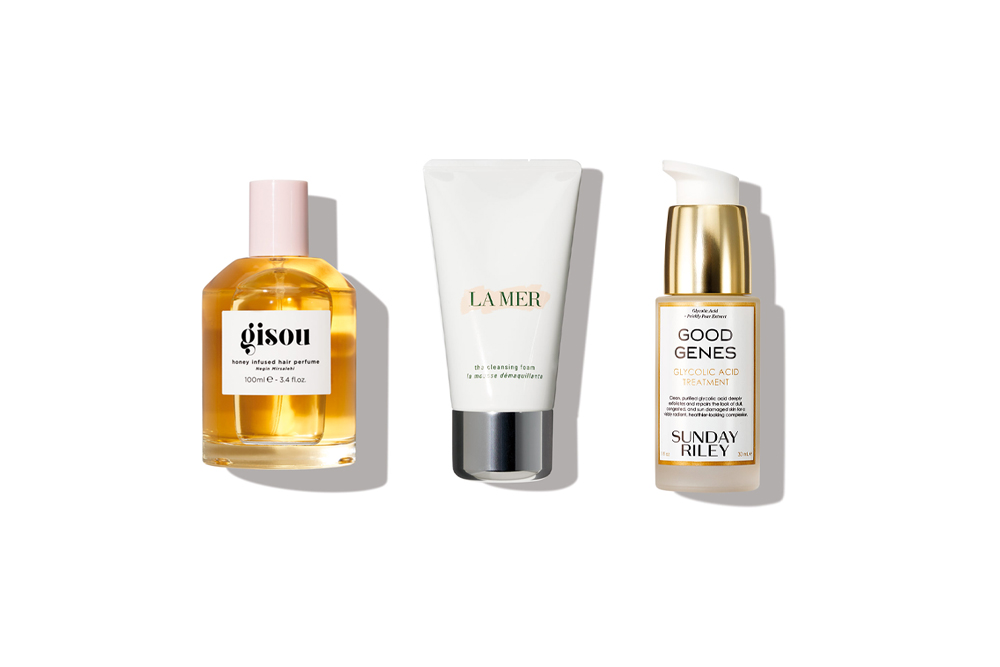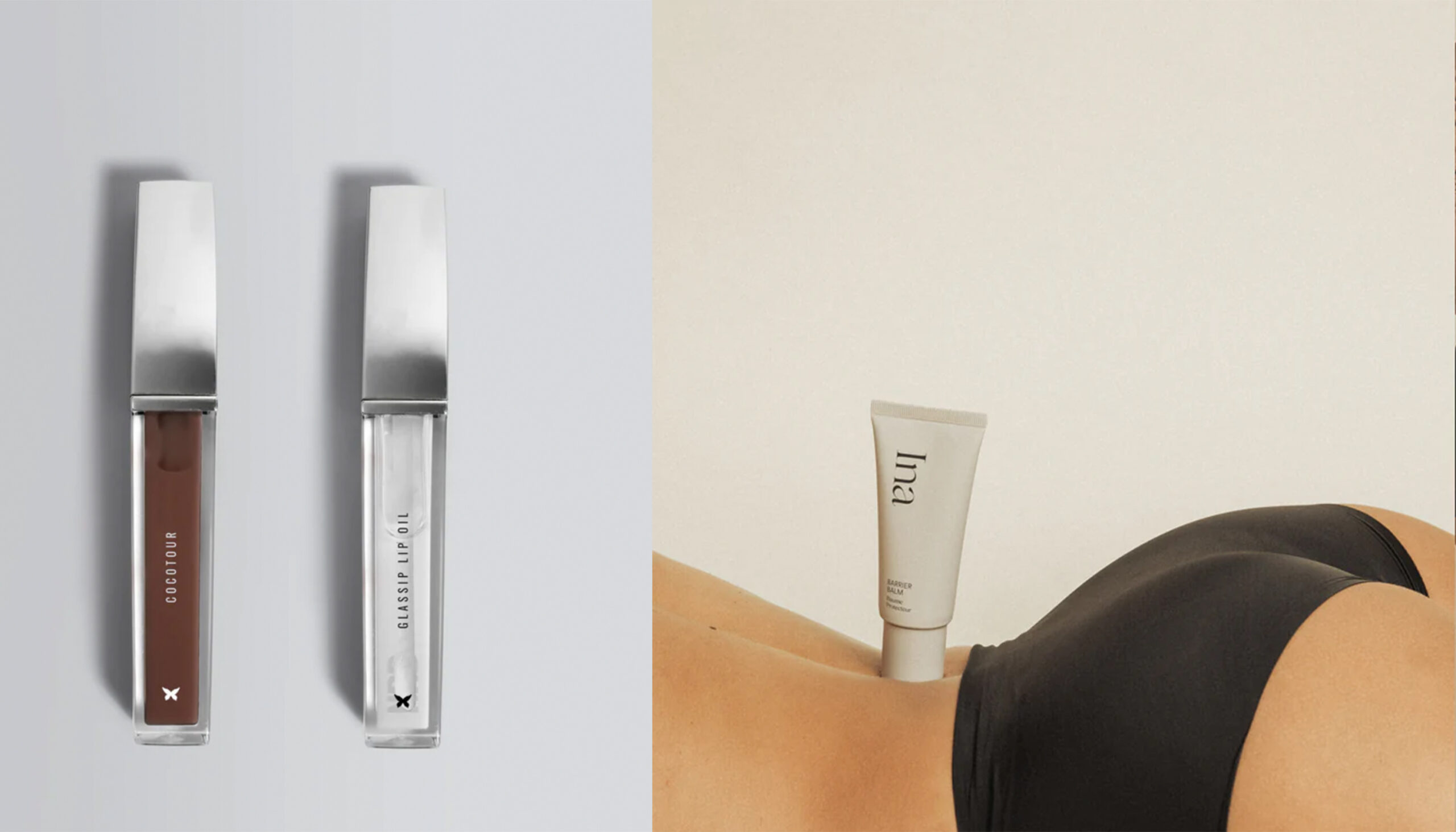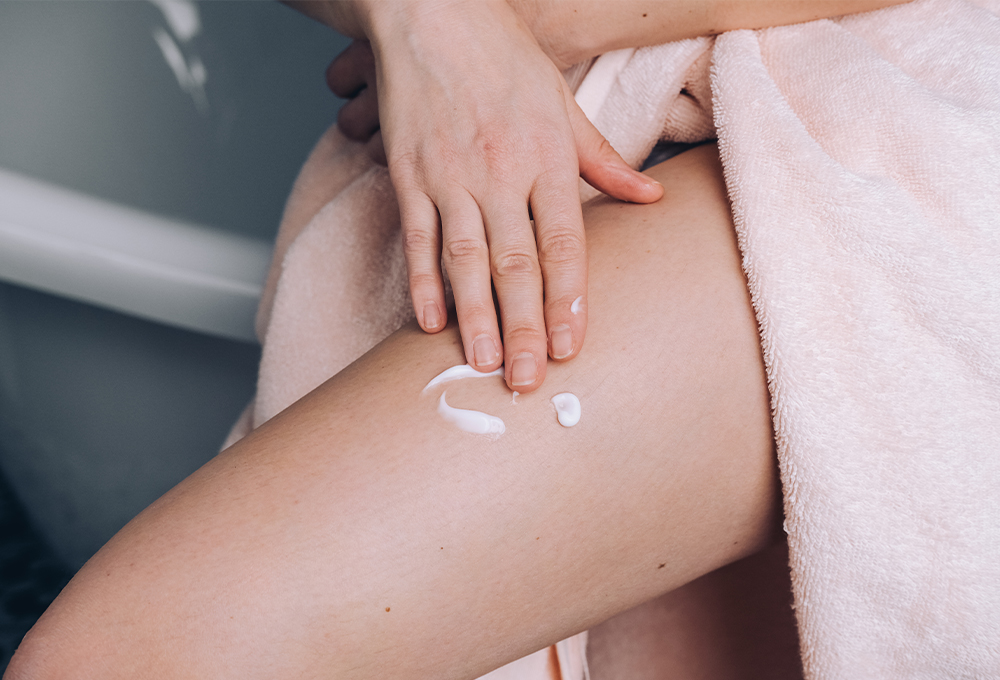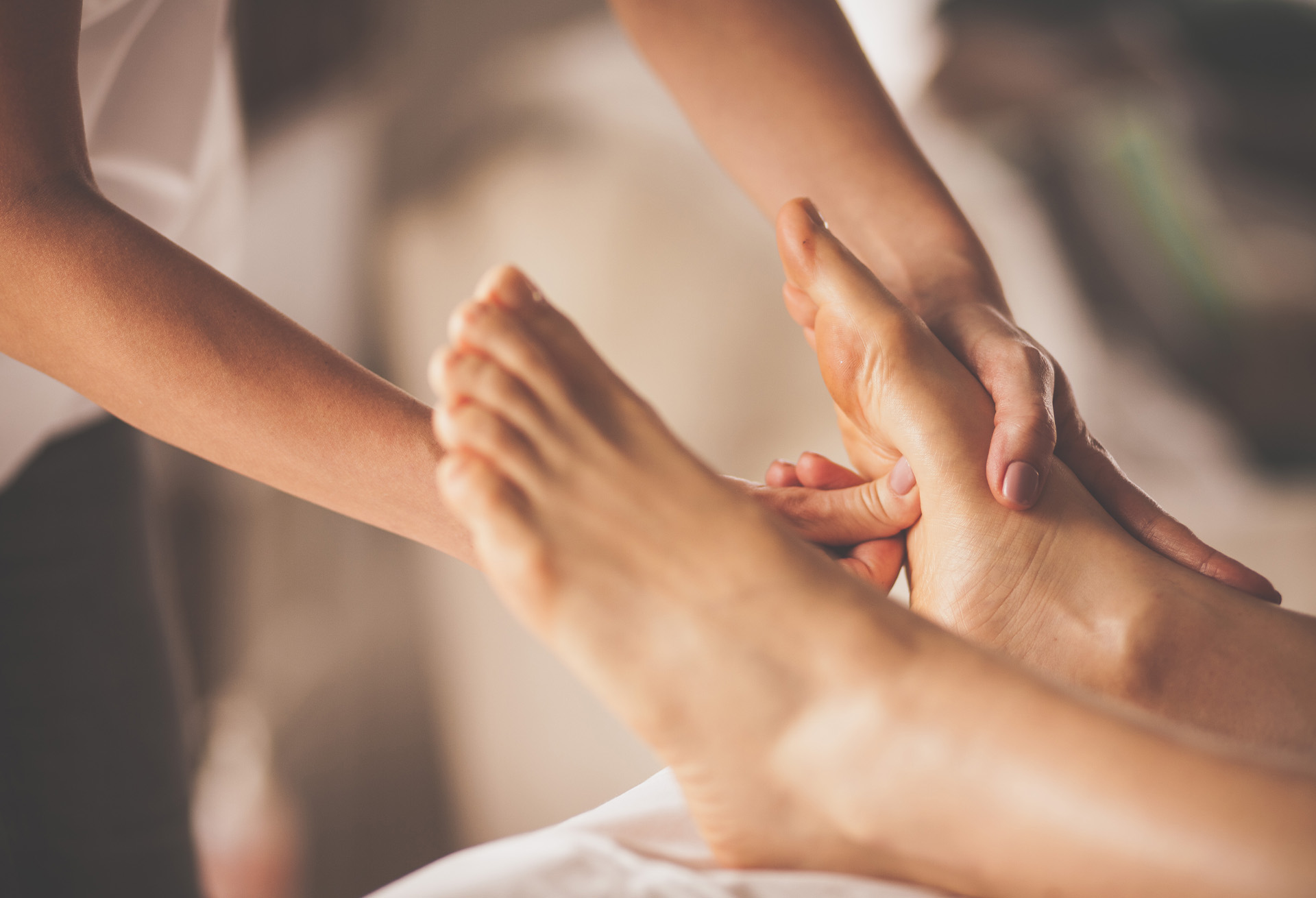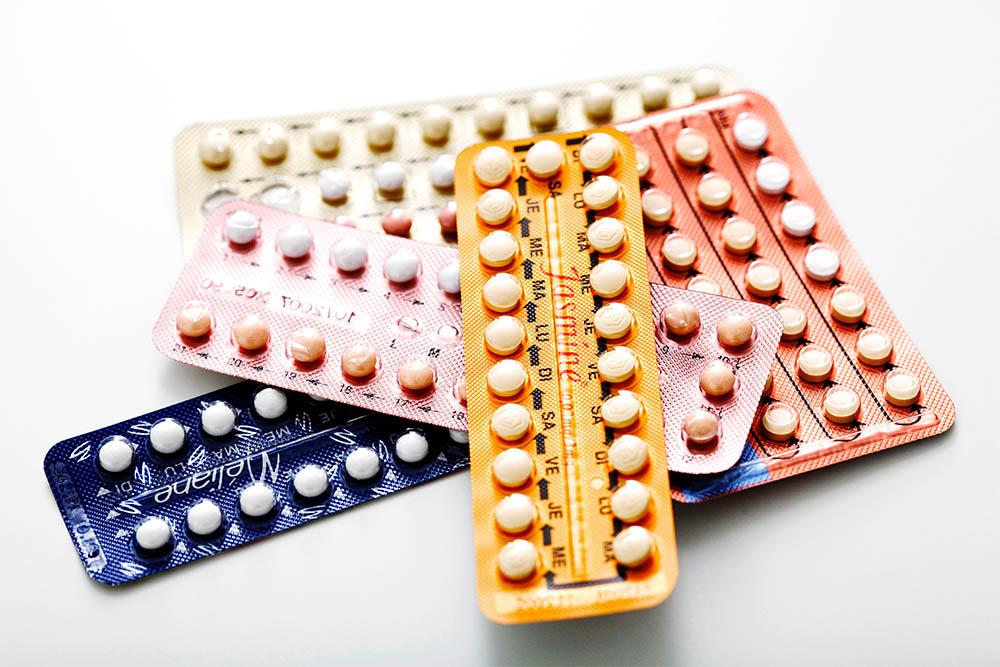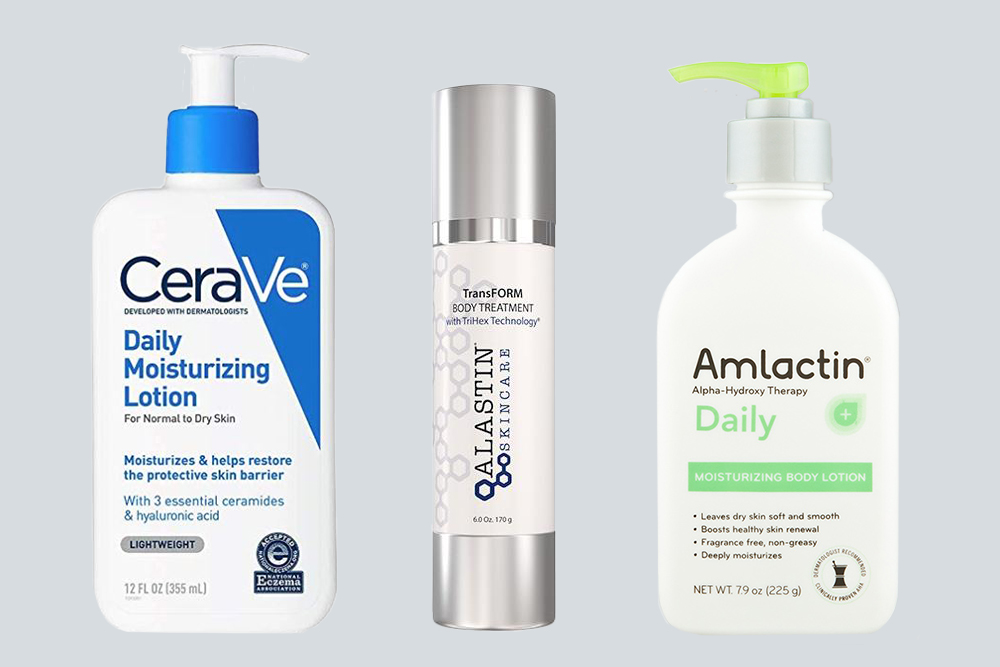We’ve all picked at a pimple or two in our time—that’s simply human nature. However, for some people, skin picking, lip biting and other body-focused repetitive behaviors (BFRB) can become more nefarious. BFRBs can include nail biting, lip biting, skin picking, hair pulling, etc., says Los Angeles therapist Maythal Eshaghian. Many individuals with this condition may engage in different repetitive behaviors like touching, scratching or picking at the skin. This can cause scarring and open wounds, says Eshaghian. It can be hard to decipher whether your picking is a habit or more serious condition that needs attention. We got the details from the experts so you can get a better understanding of your picking.
Why do some people pick their skin or bite their lip?
“In order to understand how human beings form habits, even the seemingly mindless ones, we must first recognize that our brains, bodies and behaviors are always engaged in a state of choreographed motion. Our thoughts impact our feelings, our feelings impact our behaviors, and our behaviors, left unchecked, become the habits that make up our lives,” says New York psychotherapist Aliza Shapiro. Repetitive behaviors like skin picking or lip biting may appear to be random, but she points out that most of our seemingly automatic actions are not at all that random.
“Behaviors don’t happen in a vacuum. They’re often connected to repetitive, distressing or intrusive thoughts or ‘big emotions’ like fear, overwhelm, lack of control or depression,” says Shapiro. “When these thoughts and feelings are left unresolved, they show up in seemingly unrelated ways like restlessness, compulsions, stress or hair pulling and skin picking.”
Eshaghian says research shows BFRBs may be linked to a genetic predisposition, with many people having a first-degree relative that also suffers from it. “However, there may be other contributing factors, including environmental elements and stress,” she says. “The causes for skin picking or other BFRBs can range from boredom to emotion dysregulation to perfectionism. Most clients I work with report their picking or biting stem from an urge, uncomfortable emotions (e.g., anxiety), cognitions (e.g., this ‘should’ look a certain way), or sensations,” says OCD specialist Melissa Jermann, PhD.
When to see a professional
For some people, seemingly harmless habits can quickly become compulsions and take over day-to-day life. Shapiro says that, like all mental health struggles, skin picking exists on a spectrum. These habits can crop up for individuals in non-clinical ways. However, if they “make a person feel out of control, begin to cause significant distress in everyday living or yield repeated attempts (and failures) to stop or change their behaviors, seeking professional help can alleviate a lot of suffering,” says Shapiro.
Dr. Jermann says seeking professional help is especially important when you’re causing serious damage to an area of the body like bleeding, lesions, scarring or hair loss. Picking can often result in “overwhelming feelings of shame and embarrassment, which can, in turn, impact a person’s quality of life,” says Eshaghian. Getting professional help with a BFRB can greatly improve a person’s quality of life.
Even when skin picking appears to be a harmless habit, Dr. Jermann recommends seeking treatment before it progresses to something more severe. “Typically, we are engaging in this habit as a way to regulate our emotions or urges,” she says. “The goal is to find better ways to cope with these internal experiences through therapy.”
To be diagnosed with a skin-picking disorder, “there are certain diagnostic criteria that need to be met. An individual suffering from a skin picking disorder engages in recurrent picking. This results in clinically significant distress or psychosocial impairment,” explains Eshaghian. “An important marker that helps differentiate between a serious mental health condition and a bad habit centers on how debilitating the behavior is and how it impacts the sufferer’s life.”
How to stop skin picking and lip biting
“The first way to change any behavior is always by building mindful awareness,” says Shapiro. She notes that studies show that simply tracking habits makes a person more likely to significantly reduce unwanted behavior. Shapiro says it’s important to track, without judgment, what triggers the behavior (such as watching TV, studying, having difficult conversations, etc.). She says tracking the thoughts and feelings as well before and after can also illuminate helpful information.
“Recognizing that these behaviors serve a purpose is also crucial,” says Shapiro. “Instead of just ‘telling ourselves to stop’ (which never works), use behavior modification tricks to replace the behavior,” she says. This can include squeezing a stress ball, playing with a fidget spinner, wearing special jewelry, etc. This can “validate your need to engage in some behavior and can achieve similar goals of de-stressing without the negative effects.”
Professional treatment will likely include a type of evidence-based cognitive behavioral therapy called Habit Reversal Training. This “involves techniques to help the client gain more awareness of their behavior and learning ways to make picking more difficult,” says Eshagian. “For example, if an individual is more prone to picking in the bathroom, a stimulus control intervention involves removing bright lights from the bathroom and using a timer to limit the amount of time used in the bathroom.”
In addition to the above, Dr. Jermann recommends Dialectical Behavior Therapy—a skills-based approach that helps us tolerate and regulate difficult emotions. If you are unable to access therapy Dr. Jermann recommends getting a stress ball, fidget toy or anxiety ring to try to replace the picking.




